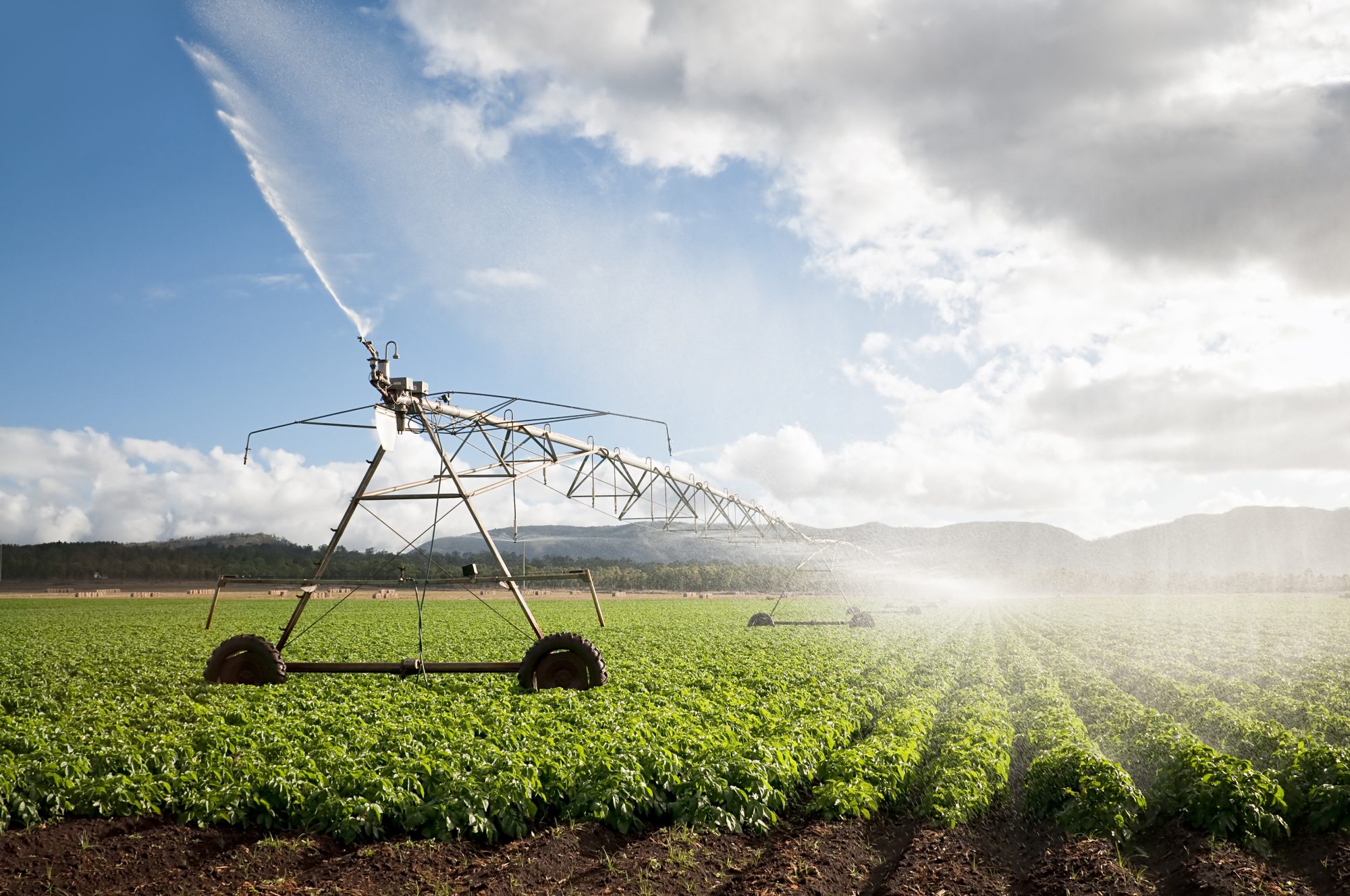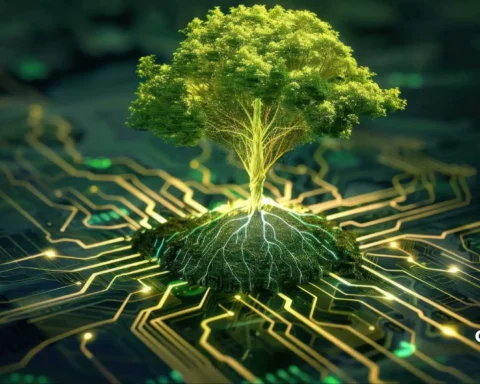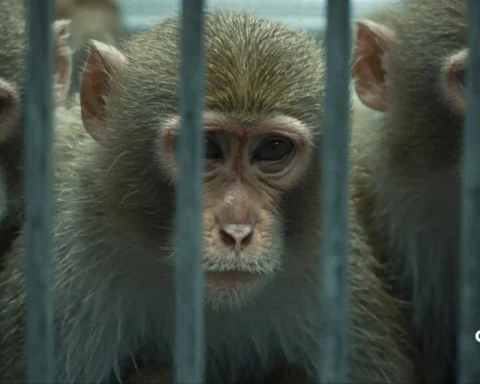In the ever-changing world of agriculture, the concept of sustainable agriculture has gained significant prevalence.
As we battle climate change, food scarcity, and environmental degradation, there is an urgent need to consider the interplay of the farming system and sustainable agriculture.
Sustainable agriculture is not a mere buzzword; it’s a holistic approach that creates farming practices dedicated to improving soil health, contributing to water conservation, and natural resource management.

This blog discusses the beautiful relationship between the farming system and sustainable agriculture, highlighting the crucial role they play in crafting the future of food production.
Table of Contents
The Basics of Farming System and Sustainable Agriculture
The essence of sustainable agriculture is the aim of meeting the needs of food production without the compromization of future generations to meet theirs.
This aim calls for a meticulously thought-out balance between crop production, soil health, water conservation, and the preservation of natural resources.
To achieve these, we need to increasingly start implementing sustainable practices such as efficient resource utilization, preventing soil erosion, and decreasing dependency on nonrenewable resources and synthetic chemicals.
Organic farming is an ideal example of sustainable agricultural practices. By avoiding synthetic inputs, farmers can enhance soil health and boost biodiversity. The use of organic manure and techniques such as crop rotation are invaluable in maintaining soil moisture and soil microbial activity, which are crucial for healthy soil ecosystems.

The Importance of Farming System in Sustainable Agriculture
Farming systems are regarded as the backbone of sustainable agriculture with their wide range of agricultural practices that are customized to local conditions, resource availability, and socio-economic factors.
For example, integrated farming systems are built to optimize the use of land, water, and other natural resources by combining crop and livestock production. This innovative technique not only boosts crop yields but also enhances water quality while simultaneously decreasing environmental degradation.
Another example of a sustainable farming system is diversified farming. This involves growing a variety of crops and raising several types of livestock to reduce the risk of crop failure and improve soil health. It also contributes to food security by ensuring a consistent and diverse supply of healthy food.
Soil Health in Farming System and Sustainable Agriculture
Soil health is an extremely important component of sustainable agriculture. In simple words, soil health is the soil’s ability to act as a living ecosystem that sustains plants, animals, and humans.
There are three main characteristics of healthy soil:
- It should be rich in organic matter.
- It should have a firm structure and porosity.
- It should be able to support diverse microbial communities.
Sustainable farming systems place great priority on maintaining and improving soil health through sustainable practices such as crop rotation, cover cropping, and the use of organic amendments.
Another sustainable agricultural practice is conservation agriculture, which focuses on maintaining the structure of the soil, reducing soil erosion, and maintaining healthy levels of soil moisture. This technique significantly decreases soil disturbance, keeps the soil covered with plant residues and promotes the use of crop rotation to improve soil health.
By decreasing the dependence on chemical inputs, conservation agriculture contributes to the long-term sustainability of farming systems.
Water Conservation in Sustainable Agriculture

Water is regarded as one of the most critical resources for agriculture, making conservation necessary for the sustainability of farming systems. Water conservation comprises efficient water usage, minimizing water loss, and protecting water quality,
Sustainable farming systems make use of a wide range of water conservation methods, such as drip irrigation, rainwater harvesting, and the use of drought-resistant crops.
Integrated farming systems are especially useful in water conservation. By combining crops and livestock, these systems can make full use of the available water and decrease the overall water footprint.
For instance, using crop residues as mulch can help in preserving soil moisture, decrease evaporation, and enhance crop yields.
Moreover, rainwater harvesting can be depended on as a reliable source of water for irrigation, decreasing the dependency on other water sources.
How to Utilize Natural Resources in Farming System and Sustainable Agriculture
Natural resources such as water, land, and biodiversity must be managed to ensure their availability for future generations while meeting the needs of current populations as well.
Agroecological practices are a type of sustainable farming practice that can significantly improve the resilience of natural ecosystems.
By mimicking natural processes, these practices can greatly enhance soil health, improve biodiversity, and promote responsible usage of natural resources. Agroecological practices include crop rotation, agroforestry, and the use of cover crops to enhance soil fertility and structure.

Boosting Environmental Quality through Farming System and Sustainable Agriculture
The environmental impact of agriculture is a growing concern, especially in the field of industrial agriculture. The use of chemical inputs, monocropping, and the spread of agricultural lands has led to widespread environmental degradation.
Sustainable agriculture aims to acknowledge and resolve these issues by propagating farming systems that will safeguard and enhance the environment.
Environmental quality is a key focus of sustainable agriculture. It employs several techniques to reduce negative ecological influences, such as decreasing the use of agricultural chemicals, preserving natural resources, and protecting ecosystems.
For instance, some farmers employ organic farming techniques to stay away from using synthetic pesticides and fertilizers, which can contaminate water sources and harm wildlife.
The Economic and Social Facets of Farming System and Sustainable Agriculture
Sustainable agriculture is not just confined to environmental sustainability; instead, it extends to economic and social facets.
Farming systems should be economically realistic and socially responsible to be genuinely sustainable. This implies that farmers should be able to have their work as a living, and rural communities should gain ample benefits from sustainable agriculture.
Economic development is also closely associated with the sustainability of farming systems. Sustainable farming techniques can boost farm productivity and profitability by improving soil health, decreasing input costs, and improving crop yields.
Moreover, sustainable agriculture can open up job opportunities and empower rural communities by offering a consistent source of income and promoting economic resilience.
Social sustainability is also a crucial component of sustainable agriculture, ensuring fair labour practices, promoting food security, and supporting the overall well-being of farmers and their communities.
This requires a comprehensive and multifaceted approach that considers the economic, social, and environmental influences of farming practices.
ALSO READ:
Conclusion
The interplay of farming system and sustainable agriculture is quite complex.
Reaching effective and sustainable agriculture necessitates a comprehensive perspective that comprises sustainable practices across all components of farming systems.
By focusing on soil health, water conservation, and the sustainable use of natural resources, farmers can contribute to the long-term sustainability of the global food system.
Sustainable agriculture is not a mere dream; it is now crucial to ensure the health of our planet and the well-being of future generations.
The future of agriculture is now in our hands, giving us a chance to take it to a path that is both environmentally and socially responsible.

FAQs
Which farming method to grow crops is most sustainable?
Organic farming is regarded as the most sustainable farming practice.
What is the most sustainable crop?
While the most sustainable crop varies across regions depending on local conditions, Quinoa is considered to be one of the best due to its drought-resistant and nutrient-rich nature.
Why is it called the farm system?
The term farm system refers to the structured approach to handling agricultural operations on a farm. It includes several techniques and strategies for producing crops and livestock efficiently.









